As the controversy over the disrespect to Islam and the Holy Prophet by some errant individuals of the Indian ruling party raged across West Asia , I was happy to see the book edited by veteran diplomat and West Asia expert Ambassador Anil Trigunayat underscoring the critical importance of the WANA region for India and the world . Amb Trigunayat has spent nearly two thirds of his diplomatic career dealing with the Middle East and Africa and is currently leading the West Asia Experts Group at the Vivekananda International Foundation. The book is rightly titled as ‘ Evolving Security Dynamic in West Asia and India’s Challenges “. A timely interlude to introspect.
West Asia or the Middle East is an extended neighborhood for India and has always figured prominently in global geopolitical games. For India it has a unique strategic importance due to energy security, food and fertilizer security, Diaspora security and maritime security of sea and trading lanes including piracy and terrorism. With the geo economic pivot moving towards the South and the Indo-Pacific region it has acquired even greater strategic significance in the Indian Ocean Region.
Unfortunately ,West Asia continues to remain in a churn festered by several hot spots including Libya, Syria , Yemen and Iraq as Arab Spring 2.0 straddles across the region forcing socio economic reforms . The Middle East Process remains defunct as the Israel-Palestine conflict remains on the brink. Region also continues to suffer from the geopolitical, geo economic and geo religious contestations among major powers like Saudi Arabia, UAE, Turkey, Egypt and Iran. Qatar has emerged as a new ‘Go To’ country.
Due to perceived nonchalance and withdrawal of the USA, which was its sole security guarantor, the regional majors have begun to look for some modus vivendi among themselves as they enhance their engagements with China and Russia to a great extent even India . Rapprochement between Israel and some Arab countries like UAE and Bahrain, Sudan and Morocco have paved the way for new power equations as India, Israel, UAE and USA become engaged in a new Economic Quartet. Winds of Change are visible as the Russia-Ukraine crisis casts a new shadow on the regional dynamic. Quest for strategic autonomy is distinctly on the horizon.
The book has been neatly divided into three sections viz. The Super Power Dynamic; Intra-Regional Dynamic ; and India’s West Asian Quest.
In this compendium, over a dozen distinguished authors and regional experts from India ,Israel , Jordan, Turkey , UAE, and USA have delved deep into the evolving security scenario across the spectrum ranging from defence and security issues to economy to India’s interests and way forward .Some interesting areas that have been discussed in detail are the Chinese , Russian , Turkish and Israeli approaches to the region and India identifying clear areas of cooperation and changing paradigm as perceived US disengagement becomes a reality . Of course effects of the ongoing Russia -Ukraine War will create new fault lines including a new grouping like CRIPTAQ (China, Russia, Pakistan, Turkey, Afghanistan and Qatar an outlier) as professed by Amb Trigunayat when he suggests some practical and policy direction for India . Likewise, the RED SEA -geo political contestation is rarely discussed which has been significantly catered to in this volume. This is a book that clinically examines critical security issues in West Asia, offers insights and affords solutions and some policy choices for India in a dispassionate manner.
The book, especially Ambassador Trigunayat, argues that under Prime Minister Narendra Modi, one of the biggest success stories in foreign policy has been India’s ‘Act West ‘Policy which has focused on enriching bilateral ties with nearly all the countries in the region converting them from transactional to truly strategic . As strategic autonomy of the Indian foreign policy became even more evident in its dehyphenation policy it enabled New Delhi to wade through the regional crises adroitly. However, the evolving dynamic and China’s increasing presence in West Asia requires a reorientation towards a ‘whole of region’ approach. Trigunayat, in fact, advances the idea of embarking on a holistic ‘Asia Policy’ compared to the current fragmented, even if focused sub regional approaches.
The book is also available on #Amazon link is https://www.amazon.in/dp/939009559X

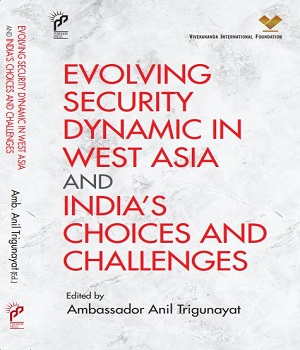

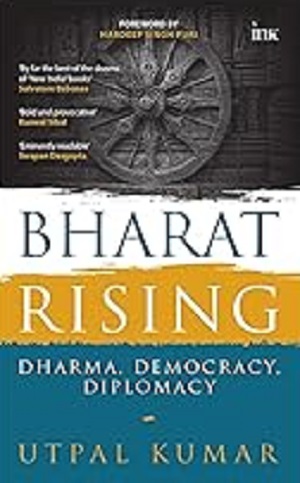
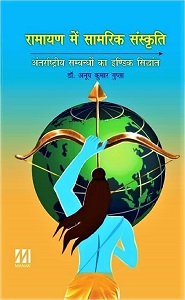
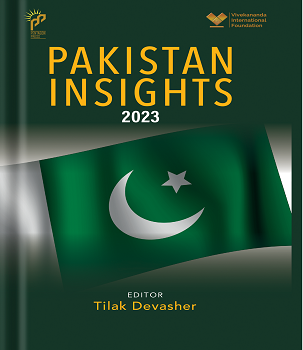
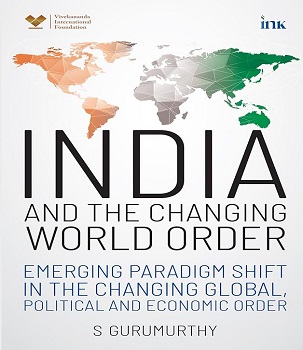
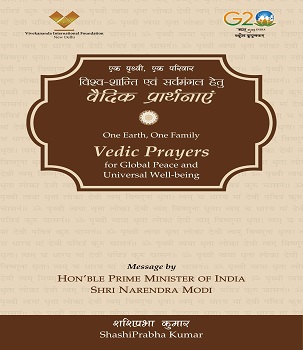
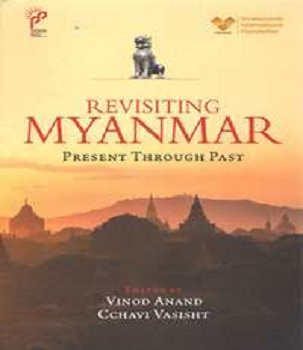
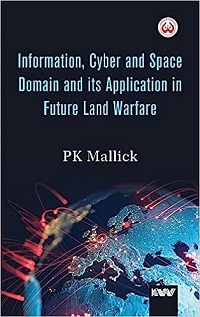
Post new comment